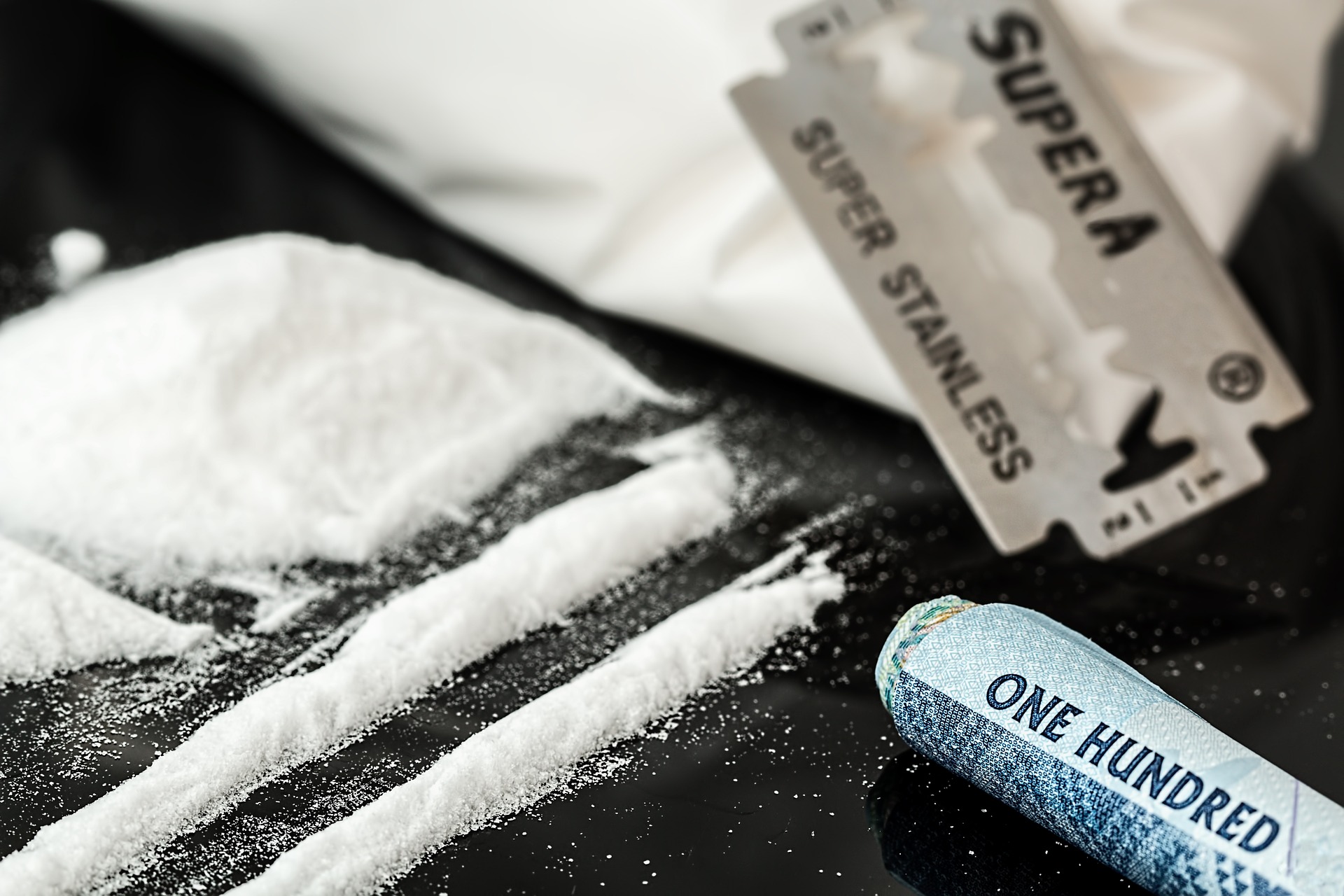2023 turned out to be the most tragic year to date for both Prince George and Northern Health as it pertains to BC’s drug poisoning crisis.
According to the year-end report from the provincial Coroners Service today (Wednesday), 206 people within our health authority passed away from a suspected overdose last year – 95 of those fatalities were in Prince George.
Both of those marks are new record highs.
Province-wide, 2,511 lives were lost to toxic drugs, the deadliest year on record, smashing 2022’s previous record high of 2,383.
The total number of deaths for 2023 equates to roughly seven lives lost per day on average.
In addition, a combined 439 fatalities were tallied in November (220) and December (219).
Northern Health recorded the highest unregulated drug death rate among all the health authorities at 67.0 per 100,000 people – with Vancouver Coastal the next closest at 55.9.
However, 56% of all toxic drug deaths have been in the Vancouver Coastal (725) and Fraser Health (693) regions.
“Tragically, toxic, illicit drugs are continuing to cause unprecedented numbers of deaths across our province,” said Lisa Lapointe, chief coroner.
“This crisis, driven primarily by unregulated fentanyl, has cost our province dearly in the loss of much-loved and valued members of our communities. We cannot bring our deceased loved ones back, but we can and must do much more to protect the lives of tens of thousands of our family members, friends and colleagues still at risk.”
In terms of Health Service Delivery Area, the Northern Interior, which includes PG-Quesnel-Burns Lake and the Robson Valley has the second-highest drug toxicity death rate of 80.9– trailing only Vancouver (86.7).
About seven out of every ten decedents this year are between the ages of 30-59.
The 50-59 age grouping has the highest unregulated drug death rate in BC at 82.6 followed by those aged 30-99 (80.2).
“As we approach the eighth anniversary of the declaration of the public-health emergency that has cost so many lives across B.C., our province needs a co-ordinated, evidence-based response that is commensurate with the scale of this health crisis,” Lapointe said. “Deaths due to drug toxicity are preventable, and I urge our political leaders at all levels to collaborate on a thoughtful, comprehensive plan that puts people first.”
The lives of at least 13,794 British Columbians have been lost to unregulated drugs since the public-health emergency was first declared in April 2016.
Unregulated drug toxicity is now the leading cause of death in British Columbia for people aged 10 to 59, accounting for more deaths than homicides, suicides, accidents and natural disease combined.
Fentanyl and its analogues were by far the most regularly detected substances, appearing in more than 85% of test results conducted in 2023.
In addition, Jennifer Whiteside, Minister of Mental Health and Addictions, issued the following statement on the year-end report:
“Today, as we reflect on the year behind us, our hearts are heavy with the loss of 2,511 people in British Columbia to toxic drugs. Each of these lives was precious and important, each with their own story, their own dreams and people who love them. They were part of our community, and their loss is felt deeply by us all.
“My commitment to ending this crisis is unwavering. Our government is taking action to strengthen mental-health and addiction services across the spectrum of needs – from early intervention and prevention, to housing, to treatment and recovery. Our goal is to ensure that accessible, effective care is there for everyone, right when they need it.
“Every person is unique. There are many paths through which people come into addiction, and we must provide many paths out. We are working with health authorities and community partners in all parts of the province to provide services that people need. Last year, we made significant progress, announcing the addition of 12 more Foundry centres, enhancing peer-assisted care teams, and creating more access to bed-based treatment, as well as outpatient and virtual care. And we have recently launched public awareness campaigns to share messages of hope, and to help people connect to the right care for them.
“We are also teaching young people and their parents about the dangers of toxic drugs. We want to make sure they know about the risks and have the right information for important conversations and safe decision-making.
“Our actions are making a meaningful difference and are saving lives. For example, a recent study found that B.C.’s prescribed alternatives to street drugs program reduces the risk of death by as much as 91% in people with opioid-use disorder. This data supports the effectiveness of prescribed pharmaceutical alternatives to street drugs as a life-saving option for people with severe opioid addiction.
“If you are using drugs, please do not use alone. Consider using tools like the Lifeguard app and carrying naloxone, which can be lifesaving in an emergency. Remember, reaching out for help is a sign of strength, not weakness, and there are programs and services available to meet you where you are in your recovery journey.
“As we face the ongoing tragedy of the toxic-drug crisis, our dedication to ending this public-health emergency is as strong as ever. There is still much work to be done, and I am committed to doing everything I can to save lives and create a safer, healthier future for everyone in British Columbia.”
Something going on in the Prince George area you think people should know about?
Send us a news tip by emailing pgnews@vistaradio.ca.








